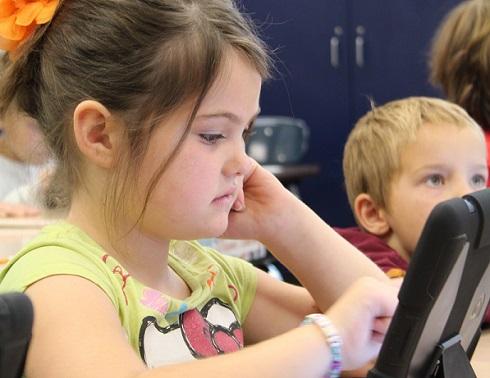
Published on: 24/01/20
Government announce trials of pioneering technology to support pupils with special educational needs and disabilities.

Published on: 24/01/20
The government has announced that trials of ground-breaking assistive technology for pupils with special educational needs and disabilities (SEND) will take place in up to 100 schools and colleges from April 2020 until the end of the 2020-21 academic year. The £300,000 pilot will assess the impact of different types of assistive technology for pupils with special educational needs, informing best practice on the tools which most help pupils in the classroom.
Speaking at a leading education technology show on 22 January, Chris Skidmore, Universities, Science, Research and Innovation Minister, stated: “With technological advances happening at increasingly breakneck speed, it is only right that we ride the wave so pupils in our classrooms with special educational needs are given all the support they need.”
Innovations will include the use of ‘text-to-speech’ and ‘speech recognition’ software as well as the use of eye-gaze technology, which can help pupils with severe motor impairments to communicate.
The new technology will help ‘bridge the gap’ and take advantage of a learner’s strength, allowing those with disabilities to join in more activities alongside their peers. It will also give students control of their learning journey and more independence in their education.
The pilot project forms part of the Department for Education’s £10 million EdTech strategy, launched last year, which aims to transform the use of technology in education to support innovation and raise the bar in schools, colleges and universities across England.
Chief executive of the National Association for Special Educational Needs, Professor Adam Boddison said: “Assistive technology is increasingly being used by schools to ensure that pupils with SEND have full access to the curriculum offer.
“This programme will play an important role in providing a reliable evidence base for schools so they can be as effective as possible in their use of assistive technology.”
The ‘first of its kind’ pilot could lead the way for technology being accessible to not just the UK but worldwide so more children with SEND can get the help they need in the classroom.